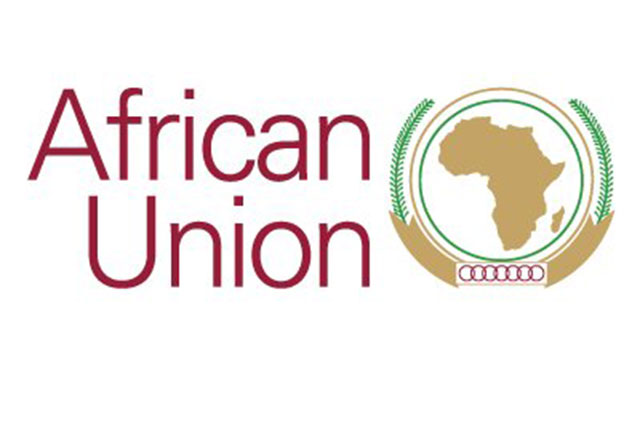Malabo – African Union leaders gather in Equatorial Guinea on Friday for two summits as the continent contends with humanitarian crises, terrorism and military coups.
Around 20 heads of state as well as donors are expected to assemble in the capital, Malabo, to raise funds at the AU’s first “extraordinary humanitarian summit” on Friday.
According to AU Commission Chairperson Moussa Faki Mahamat, 113 million Africans need urgent humanitarian assistance this year, including 48 million refugees, asylum seekers and internally displaced people.
In a statement, the AU said 15 particularly hard-hit countries required urgent aid, with climate shocks and conflicts causing humanitarian needs to increase “exponentially”.
Of the more than 30 million internally displaced Africans, more than 10 million are children aged under 15, it added, pointing to inter-ethnic conflict in certain regions and food insecurity.
The UN Food and Agriculture Organization says around 282 million of Africa’s 1.4 billion inhabitants are under-fed, an increase of 49 million on 2019 levels.
Terrorist ‘cancer’
A second meeting on Saturday will tackle “terrorism and unconstitutional changes” as rebellions and jihadist insurgencies plague Libya, Mozambique, Somalia, the Sahel region, West Africa’s Lake Chad basin and eastern Democratic Republic of Congo.
Mahamat called terrorism a “cancer” progressively infecting the whole continent with painful economic and security consequences.
Military coups in Mali, Guinea, Sudan and Burkina Faso in the past two years have seen the army oust elected leaders and set lengthy or no timetables for a return to civilian rule.
The moves have sparked condemnation and sanctions from regional bodies, the European Union and Western capitals, with the AU suspending the four countries until power is handed back to civilians.
ALSO READ | African Union chief wants pan-African ratings agency
AU chief Mahamat said the coups marked a “regression” in the democratic process countries had been undertaking for two decades.
He called the transition periods put in place by military juntas “sources of dissension and occasionally of tension” unconducive to the stability of those states or their neighbours.
Some countries may raise the case of Chad, ruled since April 2021 by a junta led by General Mahamat Idriss Deby Itno, the son of long-serving strongman Idriss Deby Itno.
The AU, the European Union and France backed the younger Deby even as they condemned and sanctioned military regimes elsewhere, after Deby promised “free and democratic” elections within 18 months following a national dialogue.
But “pre-cursor” negotiations between the government and rebel groups in Qatar and boycotted by opposition political parties have dragged on, postponing the dialogue and a vote.
Deby has since mooted the possibility of extending the transition by another 18 months.
Follow African Insider on Facebook, Twitter and Instagram
Source: AFP
Picture: Twitter/@tutuoluwaseyi
For more African news, visit Africaninsider.com


